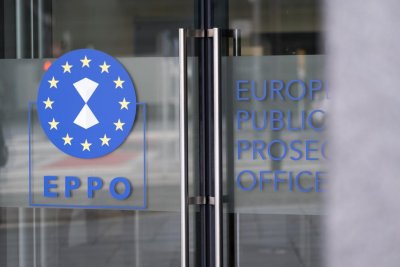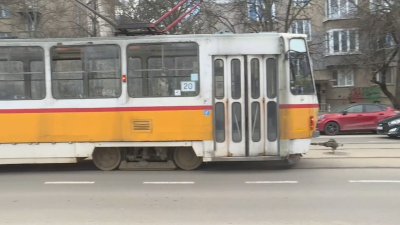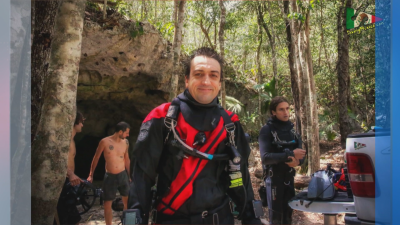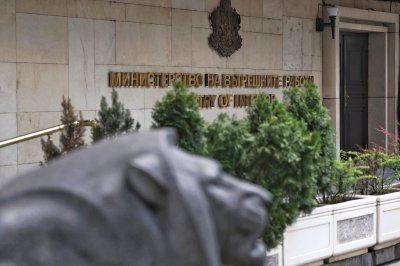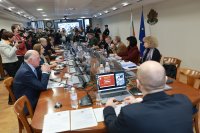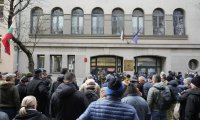The Joint Expert Commission on Historical Issues between Bulgaria and North Macedonia is largely functioning as an alibi amid the current complicated relations between the two countries, explained Professor Angel Dimitrov, co-chair of the Joint Expert Commission on Historical Issues, on the BNT programme Denyat Zapochva (“The Day Begins”) on November 10.
Asked how far the commission had progressed, Professor Dimitrov replied:
“The shortest answer is: to nowhere. After eight years of work and 38 meetings, we are still on the seventh-grade textbook, which covers material for our sixth grade — the 11th century. I could call this a blockage of the commission’s work, but I will use a more measured term: stagnation. This reflects the overall state of the country over there, as noted in the Brussels report — and it does not seem to concern their leadership. The commission now serves more as an alibi in the current complex relations between the two countries. Its formal activity gives the impression that work is still being done. I should stress that this is the only commission operating under the Treaty of Friendship and Neighbourliness, the only mechanism for its implementation. But since there are no results, we must question the attitude towards the treaty itself.”
Professor Dimitrov reflected on the symbolic start of cooperation:
"Of course, the first day of our work coincided with the signing of the agreement on the tunnel project – the border tunnel that will link the railway line along Corridor 8. I am very sensitive about this topic; it is close to me because I was in Skopje when the so-called symbolic first sod was turned. That was just over 30 years ago, at the beginning of October 1994. We are still talking about tens, perhaps over 20 kilometres, on the territory of the Republic of North Macedonia – in fact, it is much more. So, the tunnel is the smallest problem in this case, even if it sounds symbolic. I joke that if the railway construction there does not proceed well, we may have to establish additional border security along the European border at the tunnel. You see, I say this jokingly. I sincerely hope that in North Macedonia the fear of connecting the two countries has now been overcome. And it has been, not only out of recognition of their own interests, because this is a European project of enormous significance for NATO. I mentioned this case because it is a small light – not in the tunnel, perhaps – but it is important to realise that things will not happen quickly."
He noted that changes in the North Macedonian commission membership had not altered the commission’s working methods:
“The previous commission also focused on the Ohrid Archbishopric as a subject of professional discussion. The main concern of our colleagues is to avoid even a minimal suggestion that it is a continuation of the Bulgarian Patriarchate, that there is historical continuity and institutional connection with the former Bulgarian state Patriarchate — even though this is explicitly confirmed in the decisions of Emperor Basil II. The primary reason for blocking the commission’s work is the unwillingness of our colleagues, who fully follow their state’s political line and the doctrine of Macedonism, to acknowledge a shared history. This is paradoxical: not only is a shared history the very reason for establishing this commission under the Treaty of Friendship and Neighbourliness, but it is also reflected in the preamble of the treaty itself.”
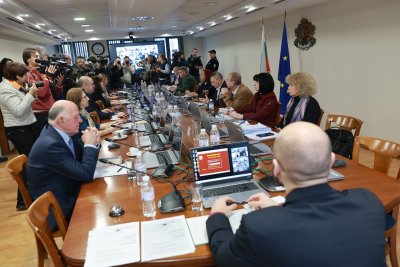
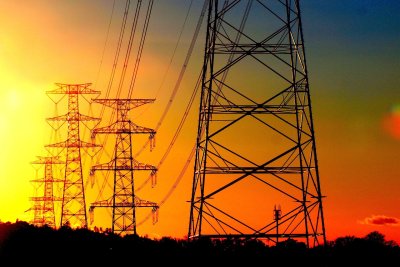
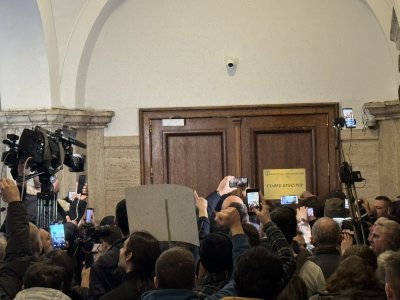
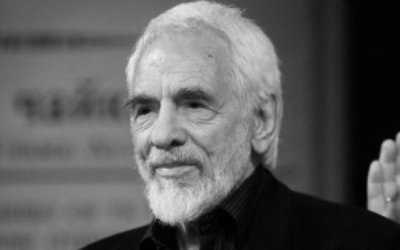
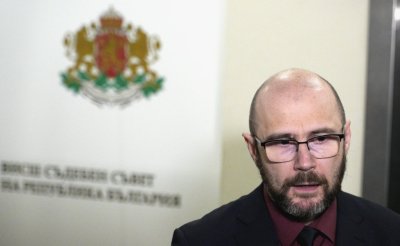






 Чуй новините
Чуй новините Подкаст
Подкаст

